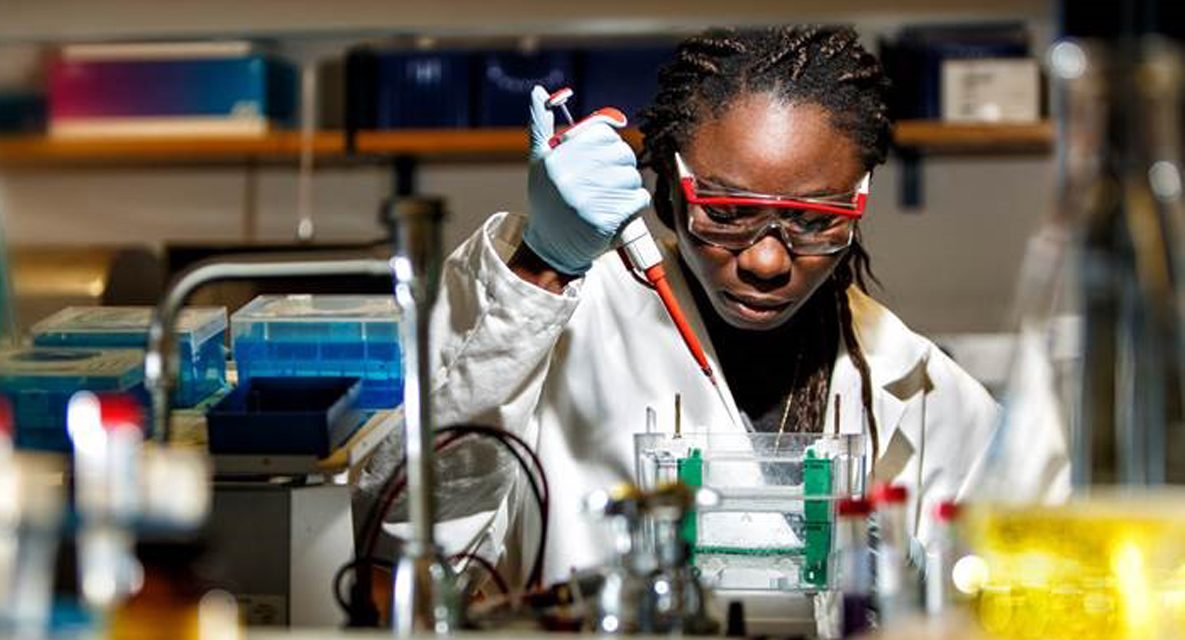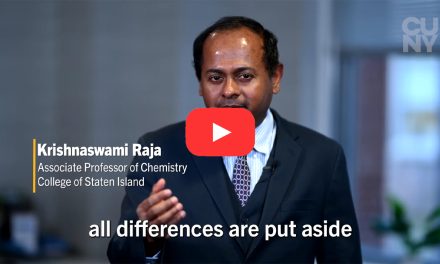Funded Projects Propose Solutions to Urban Challenges Such as Environmental Issues, Structural Racism and the Impact of the COVID-19 Pandemic on Pediatric Health Outcomes
The CUNY Office of Research has selected 10 teams of researchers from colleges and schools across the University to share $400,000 as recipients of the 2023 Interdisciplinary Research Grant (IRG). The IRG program, now in its 29th year, is the Office of Research’s longest running internal seed grant program. It provides grants for projects that join expertise across disciplines and stipulate a clear path to expansion and new external funding. The 2023 theme, “urban challenges,” encouraged approaches that leverage expertise across disciplines to address complex scientific and societal issues related to human health, climate change, technological innovation and social transformation.
The winning teams are composed of 28 faculty representing 11 colleges and schools and a wide range of disciplines including chemistry, engineering, social work, neuroscience, physical therapy and environmental science. Each research team has received a one-year grant of $40,000.
“Given our integration with neighborhoods throughout the five boroughs, our strong ties to city and state agencies and the vast expertise of our faculty across 25 campuses, CUNY is ready to lead the development of solutions for urban environments,” said Chancellor Félix V. Matos Rodríguez. “In promoting research that will have a direct bearing on the lives of those we serve, the Interdisciplinary Research Grant program illustrates what we mean when we say that the University is an integral component of the lifeblood of New York City.”
The winning collaborative research projects were selected to receive funding after a peer review by a panel composed of CUNY faculty and staff who have successfully secured external funding.
The College of Staten Island is in receipt of two funded proposals:
- Susanna Mingote of ASRC, along with Dan McCloskey of the College of Staten Island and Pinar Ayata, Peter Groffman & Jia Liu (ASRC) are leading a project called “Mouse city: A Naturalistic Approach to Investigate the Effects of Urban Ecosystems on the Brain and Behavior” which intends to study relationships between environmental and brain functions, using a first-of-a-kind Mouse City to investigate the effects of complex urban-like environments on brain functions and behavior.
- Krishnaswami Raja and Zaghloul Ahmed of the College of Staten Island are leading a project called “ Portable airbrush-based technology to treat hemorrhage and promote accelerated healing of traumatic wounds (Bleed Extinguisher -Turmeric Golden Gauze ™)” which will explore development of a portable technology (Bleed Extinguisher – Golden Gauze™) for long term wound care with the unique advantage of avoiding the potential exposure of first responders to patient blood. It is envisioned that Bleed Extinguisher ™ will arrest hemorrhage, prevent infection, promote accelerated wound healing, and help save lives globally.
The full list of funded proposals acros CUNY can be found here
“Interdisciplinary projects that bring together the best minds to ask critical questions will naturally lead to innovation. These transformative solutions are the best way to confront the many challenges affecting our cities, whether that means structural racism, the lingering effects of the COVID-19 pandemic or environmental issues like water resource management,” said Effie MacLachlan, director of grants and research programs for the CUNY Office of Research. “We are thrilled to be able to fund another cohort of CUNY researchers who are engaged in important scientific work that promises to have long-term impacts on our city, and we look forward to their sustained progress and funding success.”
This year’s winners hail from Brooklyn College, ASRC, Queens College, New York City College of Technology, Hunter College, Baruch, John Jay, College of Staten Island, City College, the CUNY School of Professional Studies and the Graduate School of Public Health and Health Policy.
Story Courtesy of CUNY Media Relations


















